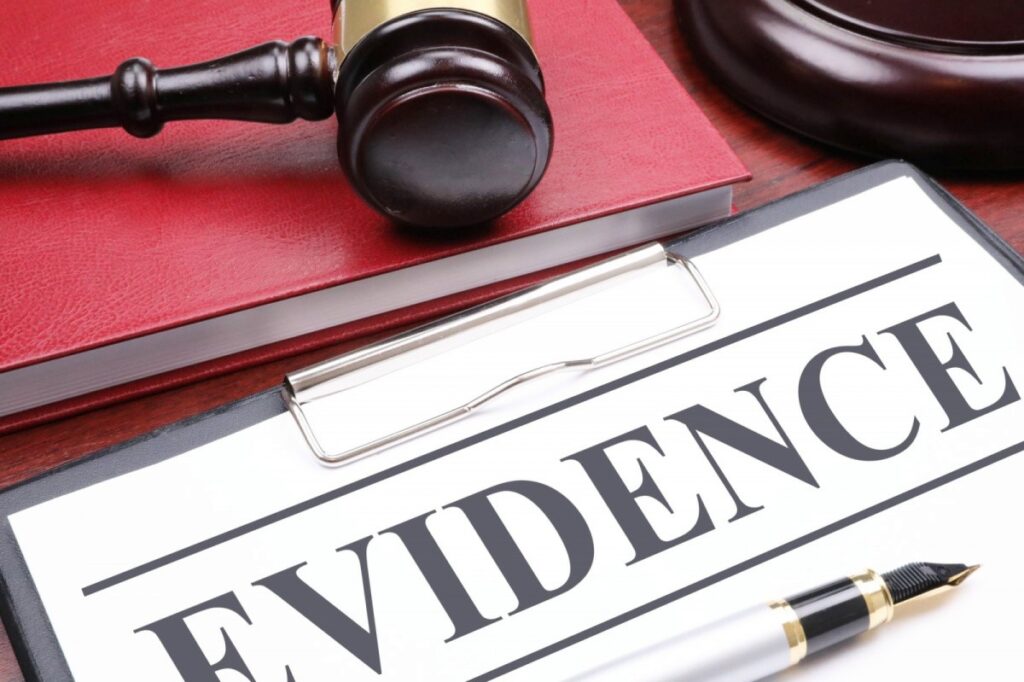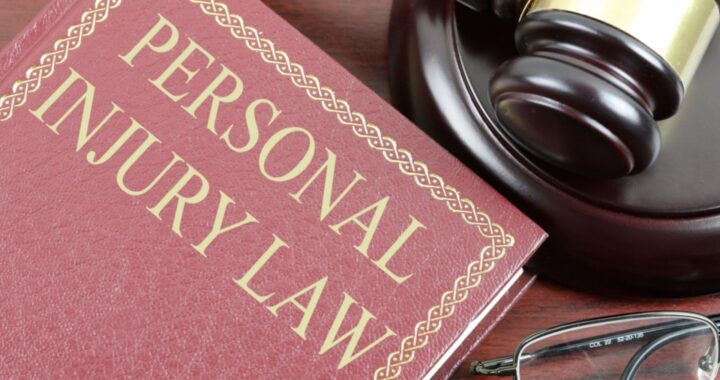What is the Burden of Proof?

In law, there is a principle known as the burden of proof, which states that it’s the obligation of someone who seeks to prove a particular point. Generally speaking, the burden of proof falls on the person making an assertion; they must provide enough evidence for their claim to be at least minimally believable. This doesn’t mean that those with the burden of proof can simply make anything up and expect others to believe them. Instead, it means that those making an allegation must do so with supporting evidence. They don’t just say something like, “You did x!” and expect others to accept it. Instead, they must provide at least some evidence for their claim that the other person did x. That evidence can come in many forms. For example, someone might have a witness who can testify that the other party did indeed do x. Or they might have physical evidence (e.g., a video or a photo) proving that this occurred.
However, the burden of proof isn’t always on someone making an allegation. Sometimes a person or company will want to disprove some claim that others are making against them. For example, someone might say that Company X is dumping toxic waste into their community; consequently, several children have been diagnosed with cancer. Company X may then choose to hire an independent group of scientists to examine their facilities and determine whether or not they are violating any laws or principles; or if there’s any other evidence of wrongdoing on the company’s part. But this is not applicable to all cases. For example, in a car accident compensation claim, the burden of proof will be on the plaintiff and not on the defendant. The plaintiff has to prove that the defendant was at fault for the car accident.
In fact, in many cases—particularly in legal proceedings; parties will share the burden of proof. The prosecutor must prove beyond a reasonable doubt that a person charged with a crime committed it. Conversely, the defense must provide evidence proving that the defendant is innocent. Sometimes this can be one-sided: for example, if someone claims that you forged their signature on a check, they bear more of the burden than you do. But in many cases, the burden of proof is shared by both sides.
The burden of proof isn’t always as clear-cut as in legal systems. Many kinds of investigation, like those conducted to establish scientific facts or to find out what happened in a criminal investigation, rely upon the scientific method. In such cases, the scientist conducting an investigation must take great pains to ensure their evidence is valid and reliable. This evidence will form conclusions that are supposed to be true statements about reality. This means that there’s a burden on scientists to gather evidence that doesn’t just support their particular conclusion but is also as clear and obvious as possible.
In life, there are many situations in which you have the burden of proof to prove something or justify your actions. For example, the police officer will ask for all documentation, including your license and registration, if you get pulled over. They may also ask you to prove that you’re legally parked in the spot where you’ve been staying. If your license is confiscated, it’s not just the officer who has the burden of proof to have it returned. You should have them return it as quickly as possible. Failure to do so could result in a fine or even a court date. In other cases, people don’t always know exactly what the burden of proof is in certain situations, which can lead to trouble.

 Why You Need a Local Lutz Lawyer for Your Car Accident Case
Why You Need a Local Lutz Lawyer for Your Car Accident Case  Common Motorcycle Accident Injuries and Why You Need an Attorney
Common Motorcycle Accident Injuries and Why You Need an Attorney  Selecting the Right Notary Service for Law Firms: Key Considerations
Selecting the Right Notary Service for Law Firms: Key Considerations  The Role of a Criminal Lawyer: Protecting Your Interests
The Role of a Criminal Lawyer: Protecting Your Interests  How to Resolve the Complications of a Bus Accident Case
How to Resolve the Complications of a Bus Accident Case  6 Things You Can Do To Speed Up Your Personal Injury Case
6 Things You Can Do To Speed Up Your Personal Injury Case